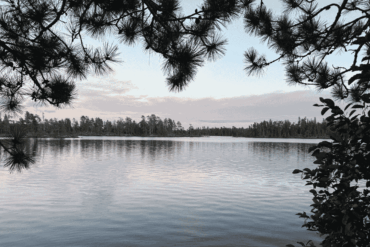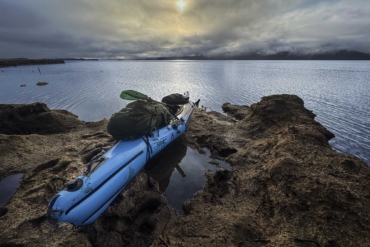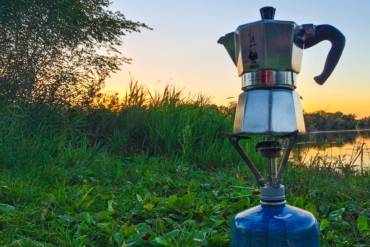The U.S. Department of the Interior today renewed two mining leases near the Boundary Waters Canoe Area Wilderness. The decision opens what many consider a pristine watershed to mining by a foreign-owned company.
The Boundary Waters Wilderness is an incredible maze of lakes and forests. It attracts more visitors annually than any other wilderness area in the United States.

And for decades, a company called Twin Metals, owned by Chilean mining conglomerate Antofagasta, has been pressing to open nearby lands to copper-nickel mining. The newly reopened leases sit inside Superior National Forest.
In 2017, the Trump Administration withdrew protections set in place by the Obama administration in 2016. It then opened a public comment period for the Twin Metals leases.
The Bureau of Land Management said it got more than 39,000 comments during the review. The majority of those comments opposed mining.
‘Job Creation’
But proponents say copper-nickel mining will create thousands of jobs and an economic boom to rural communities. “It’s very good news for us and for the communities in northeastern Minnesota who look forward to the hundreds of jobs and major economic development this mine will bring,” said Kelly Osborne, Twin Metals Minnesota CEO, in a statement.
However, the mines have been a hotbed of controversy due to their location close to the Boundary Waters. Opponents worry that runoff from the mines would damage the pristine nature of the wilderness.
The Interior Department said its aim is to increase domestic mining of “critical minerals” for manufacturing. “Mining strategic metals in the United States is beneficial to national security, national and local economies, and job creation,” Joe Balash, the Interior Department’s assistant secretary, said in a statement. Minnesota Republican Reps. Pete Stauber and Tom Emmer praised the action.
Now, Twin Metals must submit to the BLM a formal plan of operation for the mine.
Environmental Advocates Sound Alarms
The move incited rapid condemnation from many outdoors and conservation groups.
Tom Landwehr, executive director of the campaign to Save the Boundary Waters, called the environmental review completed by the administration “wholly insufficient.”

“In 2016, the Forest Service concluded that sulfide-ore copper mining posed ‘an inherent risk of irreparable harm to an irreplaceable wilderness,’ and last year the Trump Administration canceled a study that would have confirmed this,” he said. “It is now more clear than ever that the Trump Administration is steamrolling the American people and allowing a foreign mining company to write the rules when it comes to America’s most popular wilderness.”
Groups of anglers and hunters, who depend on unspoiled areas for recreation and food, also condemned the action.
“The decision to abandon natural resources management that is guided by the best available science is very unfortunate. It not only threatens the dozens of communities and businesses that rely on the region economically; it also jeopardizes the fish and wildlife habitat, outdoor opportunities, and clean drinking water that the Boundary Waters has provided families for generations,” said Land Tawney, Backcountry Hunters & Anglers president and CEO.
“Secretary Bernhardt has chosen to ignore the thousands upon thousands of Minnesotans and others who have repeatedly spoken up in support of America’s No. 1 most visited wilderness area.”







